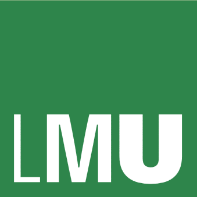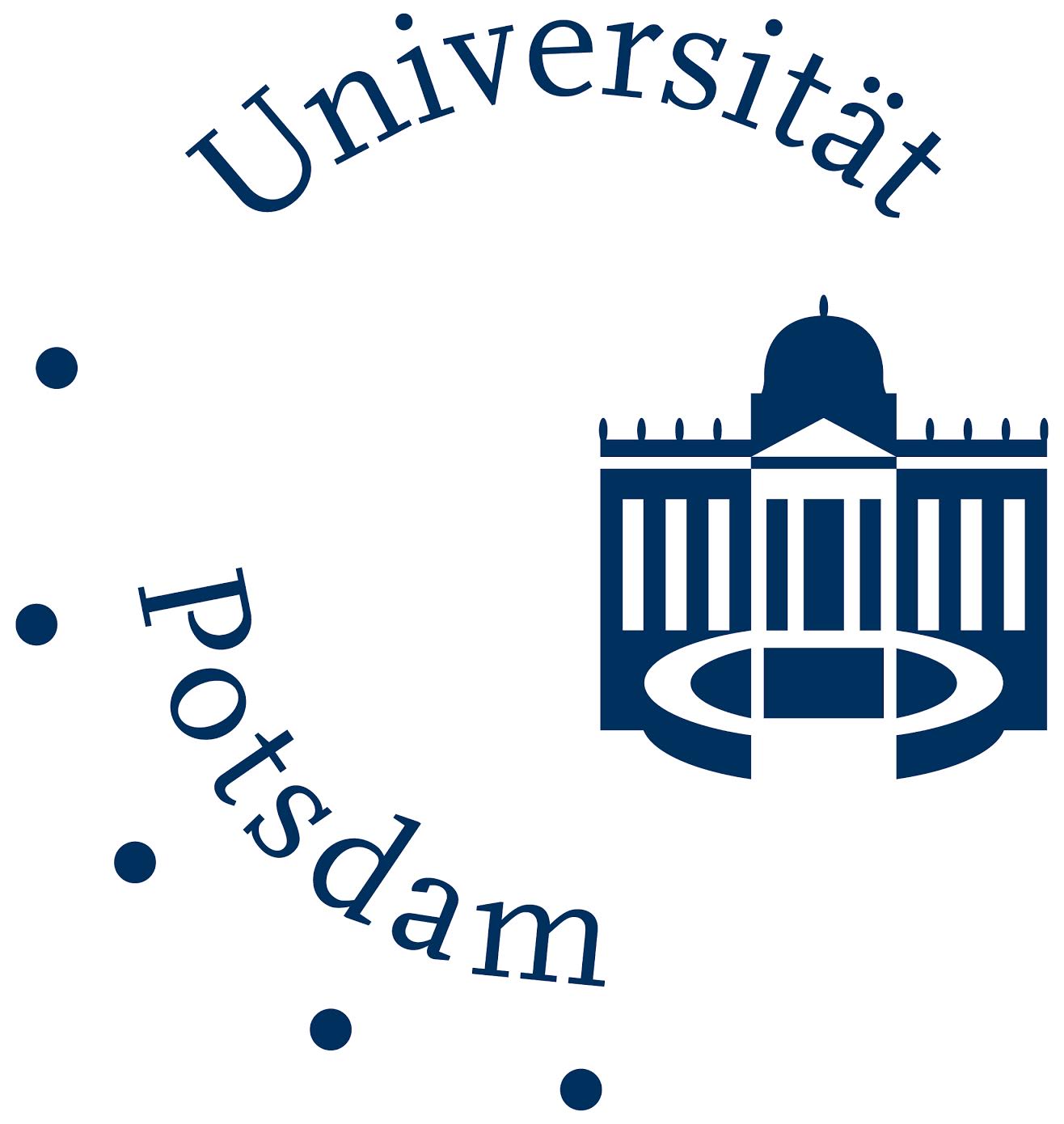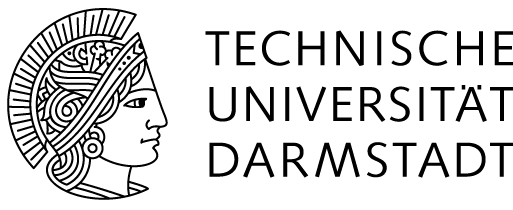The Consequences of Bureaucratic Autonomy for International Administrative Influence (AUTONOMY)
The project puts the impact of bureaucratic autonomy of international secretariats’ (IPAs) policy influence center-stage. The point of departure is the empirical data of structural bureaucratic autonomy gathered in phase 1 of the AUTONOMY project. During phase 1, we developed a theoretically-grounded yardstick to empirically measure intensities of structural bureaucratic autonomy of international secretariats and evaluate when IPAs enjoy bureaucratic autonomy vis-à-vis their political masters. Building on these results, the objective of phase 2 is to study the link between bureaucratic autonomy and IPAs’ policy influence. The project analyzes the relationship between administrative patterns and IPAs’ impact on policy-making. The research program can be broken down into three guiding questions:
- First, the project investigates whether IPAs have specific influence over policy outputs of IOs.
- Second, we ask whether structurally autonomous IPAs are particularly influential and what the (functional and power-related) context factors are that condition this relationship.
- Third, we attempt to identify the causal mechanisms driving successful and unsuccessful IPA influence
In order to answer these questions, we apply a two-step analysis. First, we analyze the conditions under which international bureaucratic autonomy impacts IPAs’ influence on policy output. Second, we examine the administrative capacities for policy-related action available to IPAs and identify the strategies international bureaucrats actually employ to wield administrative influence.
Overall, the project will contribute to the current research efforts in three important ways: First, it offers a broadly applicable and systematic measurement of influence at the international level. This measure will enable us to identify different degrees of IPA influence and provides a solid ground for cross-case comparisons. Second, the project conceives the link between structural autonomy and influence as an empirical question. Thus, we will be able to separate structural bureaucratic capacities from actual influence and empirically evaluate the explanatory power of different context conditions. Third, the project locates the analysis of the underlying mechanisms of influence within a larger analytical framework. It will be possible to apply a rigorous and empirically-informed selection of cases for process tracing.
Team
| Prof. Dr. Michael Bauer | Project head |
| Dr. Jörn Ege | Project head |
| Nora Wagner | Researcher |
Link
http://www.uni-speyer.de/de/lehrstuehle/bauer/forschung.php





